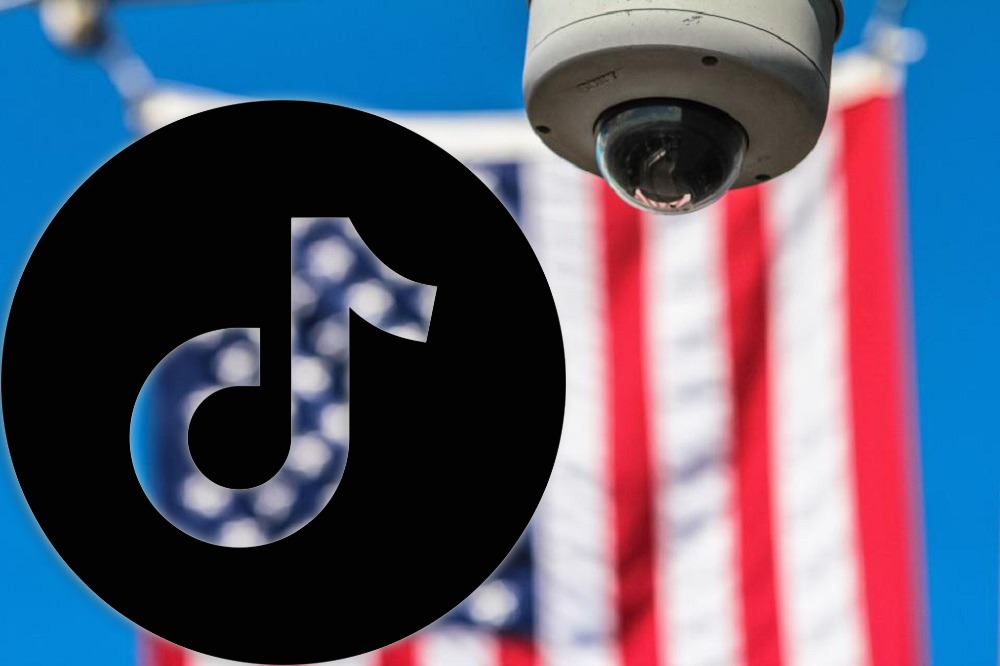The case against TikTok Congress questions TikTok CEO on data security
By Ken Showers, Managing Editor
Updated 3:30 PM CDT, Fri March 24, 2023

WASHINGTON, D.C. – In his first appearance before Congress on March 23, TikTok CEO Shou Zi Chew came under fire from a united U.S. Congress as he sought to assuage lawmakers' concerns.
TikTok has landed on the radar of several countries over the last few years as concerns of China meddling and misappropriating user data has skyrocketed. Citing those same security concerns Canada banned TikTok on government devices in February this year (the U.S. did prior to this in December) and several states in the U.S. have moved to ban the platform, as is the case with a Utah law signed by Governor Spencer J. Cox which would prohibit minors from accessing TikTok and Instagram. To date, there have been no recorded incidents or evidence of TikTok working to injure or undermine U.S. security interests directly, and that made up the core of Chew's arguments on March 23, as he made a point of denying assertions that TikTok has been harmful to youths.
“As TikTok has grown, we’ve tried to learn the lessons of companies that have come before us, especially when it comes to the safety of teenagers,” Chew said in his opening testimony. “While the vast majority of people on TikTok are over 18, one of our fastest-growing demographics is people over 35. We spent a lot of time adopting measures to protect teenagers.”
Chew was less forthcoming as he dodged questions directly related to the company’s connections to parent entity ByteDance who owns TikTok and Chinese counterpart Douyin.
“So you just testified that you firewalled this, does that statement, so you’re saying TikTok executives operate independently of ByteDance,” Rep. Kelly Armstrong (R-N.D.) asked Chew. “But does that statement not hold for sharing of access to data?”
Chew deflected citing that it was in reference to a Chinese internet licensing authority, in response Armstrong asked directly who else would have access to User Data. “Well after Project Texas we’re going to move it so only TikTok User Data Security has control to access that data.” Chew went on to clarify that currently data is accessible, “Only by requirement.”
Project Texas is TikTok’s response to then President Trumps actions towards TikTok in 2020 that has since become a series of negotiations with the government to address security concerns, namely potential unauthorized access to data, Chinese state influence over content, and the concern that TikTok’s own systems aren’t sufficiently secure. The project itself will feature a subsidiary called TikTok U.S. Data Security Inc. to house teams and core functions of the business domestically in order to form a sort of firewall between U.S. TikTok and influence from Beijing.
U.S. response to the plan has been tepid with the Biden administration instead issuing a demand that the company be sold or risk a nationwide ban. One of the final speakers, Representative Dan Crenshaw, R-Texas, addressed the younger generation across the nation in closing, “I want to say this to all the teenagers and TikTok influencers who think we’re just old and out of touch and don’t know what we’re talking about, trying to take away your favorite app. You may not care that your data’s being accessed now, but it will be one day when you do care about it.”
Members of the Energy & Commerce committee were given until April 6 to submit questions for Chew’s response.
The full proceedings can be viewed here.
Comments